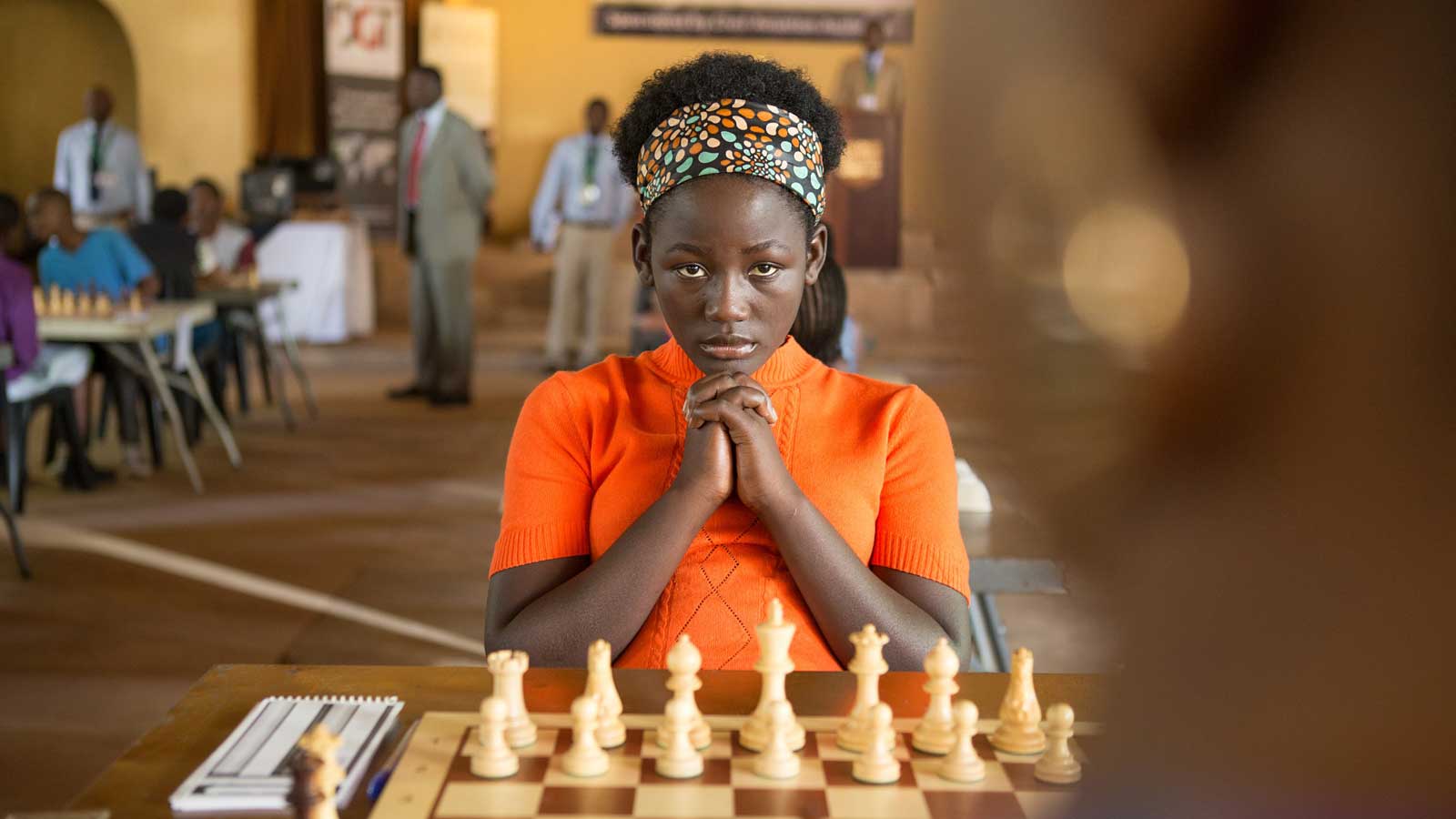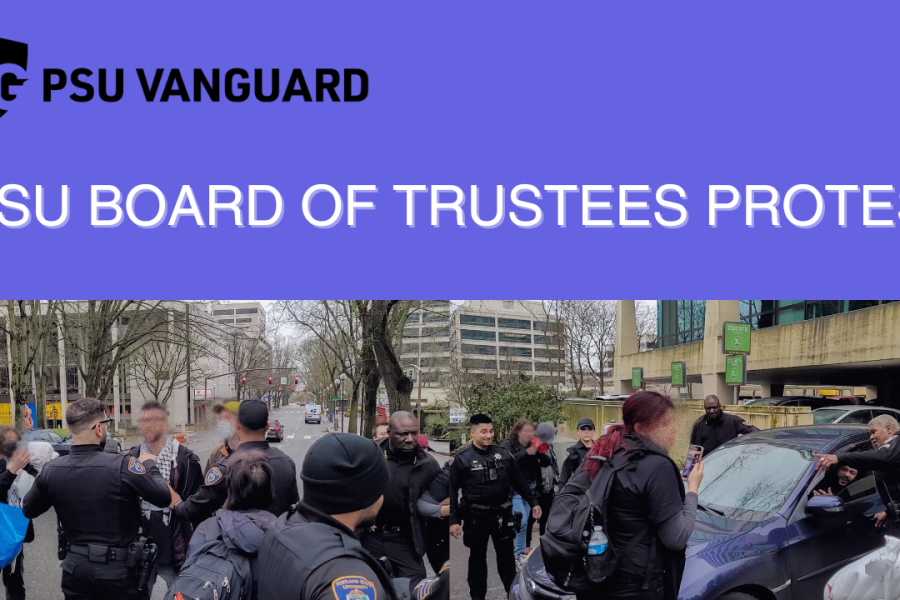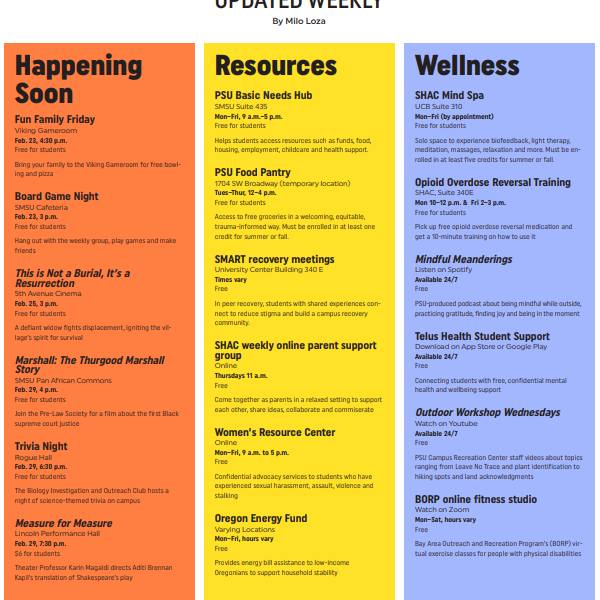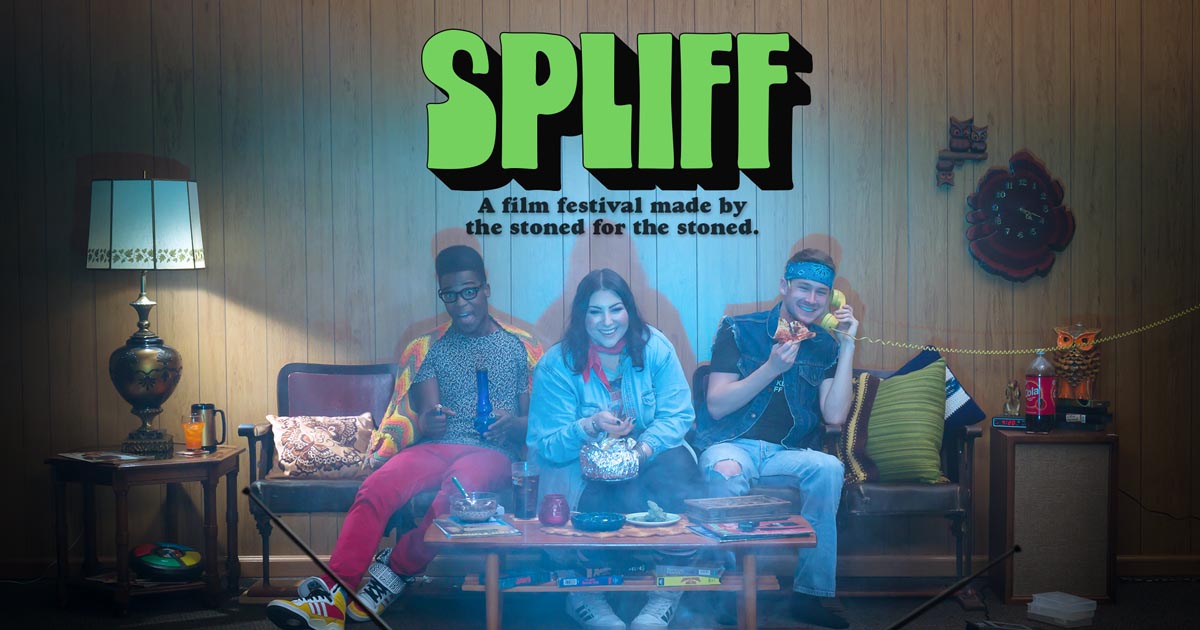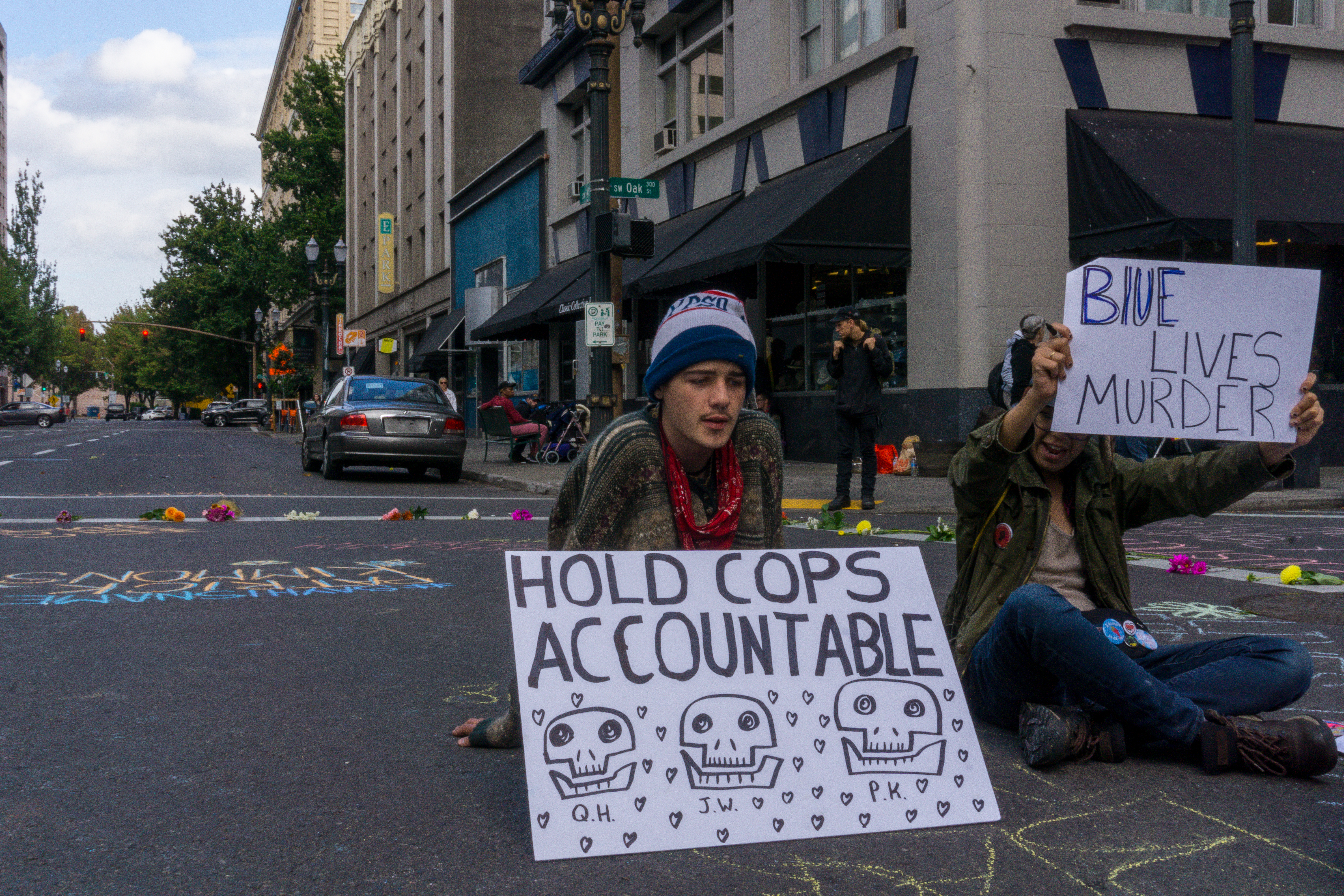The Cascade Festival of African Films is the longest-running, non-profit African film festival in the United States. Eugenie Jolivett Fontana, co-director of the festival, identified herself as being of African descent and stressed the importance of African representation and storytelling on the world stage as a form of liberation from Western-dominated, Eurocentric media.
“When you have knowledge of something, you become more free to explore… and [gain] access to being able to hear stories [that haven’t] been passed through a westernized lens,” Fontana said. “The festival creates an opportunity to discover and connect to non-Westernized filmmakers stories from Africa and its diaspora.”
The festival is free and primarily volunteer-based. It will take place from Feb. 2 through March 2 at multiple locations around Portland, primarily at the Portland Community College’s Cascade Campus.
The first four weeks of the festival occur during Black History Month, while the fifth week celebrates women filmmakers, since March is Women’s History Month.
Events will consist of short and feature film screenings, family activities and Q&A sessions with film directors.
The festival aims to show “Africa through the eyes of Africans,” according to their website, and encourages western viewers to learn about the vastness of African cultures.
“Initially, the festival was started back in 1991 by four Portland Community College Cascade campus faculty members,” Fontana said. One of the film festival’s primary missions is to be an educational resource accessible to the broader Portland community. For this reason, the festival organizers have prioritized free entry for the public. Additionally, the festival is continuing to explore and find creative ways to include those unable to attend in-person events.
“We have partnered up with the Multnomah County Library this year to be able to have a virtual, curated program list of films [as an] aspect of the film festival,” Fontana said. “For example, what if your family member doesn’t want to go out right now because of the influx of [COVID-19]? Because that’s still here and people’s immune systems can be compromised.”
The festival’s virtual list of screenings—different from the in-person films—are available to the public through the Multnomah County Library app, Kanopy. Director Q&As will be recorded and posted on the festival’s official website or available for live streaming. During some festival events, Q&As with the filmmakers occur and community discussion after the film screenings.
“We’re exploring ways to provide some sort of format of the festival to folks that have accessibility issues or challenges to experience the festival,” Fontana said. “These are other ways that we can expose folks to become curious, educated and gain more knowledge around the continent of Africa.”
On Feb. 3, the Cascade Festival of African Films showed Four Daughters, a story of a Tunisian family of women who have lost their two eldest sisters. It is a biographical film that is a retelling of the lives of these women. While not only being intimate and raw, the film also highlights the perseverance and true strength of African women.
“There is resilience seeing the process of the filmmakers—there is [a] commonality in that,” Fontana said. “It also daylights the disparities and the level of access. Again, when you get exposed and become aware, you are moving more on a path of liberating your views and it is freeing.”
“Having self-expression and using art as a medium to tell stories or using your voice is a form of liberation,” Fontana said. “I think no matter if that story is told verbally or visually or audibly, African culture is one of those demonstrations of that.”
Exposing others to the African experience is central to Fontana’s work as a co-director of the festival. “The part that drew me to the festival is the fact that it is Africa through African lenses, and the stories are being told by African filmmakers,” Fontana said. “I think that was the most unique part of that, because we don’t talk about that enough in history or when we talk about Africa.”
“I am of African descent, as American born along with other cultural descendants in my lineage—[African] being the primary one,” Fontana said. “It’s a connection that I am not familiar with because, in the [United] States, we don’t talk about it in the context other than slavery. We really don’t talk about the stories or how folks are experiencing the African experience in current times.”
Fontana emphasized how often African stories are in a grief space, when in reality there is so much richness of other experiences like joy to be shared and expressed in African stories. “[The Cascade Festival of African Films] removes Africa as a myth or [a] sort of past history,” she said.
Africa is a continent-spanning a vibrant diversity of cultures, histories, and peoples. The Cascade Festival of African Films seeks to provide a glimpse into some of these many stories and perspectives.
“[The festival] fits right into Black History Month, because it attaches to the experience of being the stolen people,” Fontana said. “When we think about being stolen, it changes the lens. I think that, again, the value and the joy of the festival is in that. I really want to highlight the joy, because it is really important… It’s really important, because that is how many cultures—not just in African culture, but many cultures—that is how we move. We tell the stories of the human experience, and we do it through dance and music, and they all connect, and there’s always this feeling of joy somewhere.”

